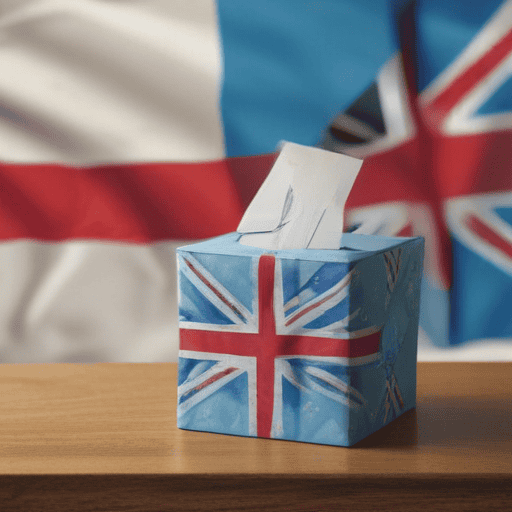The recent decline of the FijiFirst party has set the stage for a more diverse political landscape ahead of the 2026 elections, according to former opposition leader Mick Beddoes. He emphasizes that this election is “absolutely critical,” as it could either facilitate necessary reforms or lead Fiji back to a governance model plagued by coups, reminiscent of over 37 years of political instability since independence.
Beddoes criticized the electoral framework established by FijiFirst, which he claims was designed to secure their longevity in power by abolishing by-elections. This amendment resulted in a system where poorly performing Members of Parliament (MPs) could be replaced without public input, allowing some ministers to represent fewer than 700 voters, while opposition MPs, having garnered more than 2,000 votes, remained outside Parliament.
Citing a steady decline in FijiFirst’s support—from 62.2% in 2014, to 50.3% in 2018, and finally to 42.58% in 2022—Beddoes asserts that the party’s collapse was a predictable outcome of this unsustainable strategy.
Historically, Fiji has seen a vibrant multi-party system. Between 1972 and 1994, there was an average of five parties contesting elections. The number peaked between 1999 and 2006, averaging 16 parties, before settling at an average of seven in the last three elections from 2014 to 2022. Beddoes believes the current political climate post-FijiFirst’s downfall will allow for greater competition and new voices in the electoral process.
He further called for the restoration of by-elections and reforms to the electoral system that would accommodate independent candidates without excessive hurdles. This, he argues, would enhance voter rights and potentially invigorate democracy in Fiji by ensuring representation across a broader spectrum of political opinions.
As Fiji navigates this transformative phase, there is a glimmer of hope for a political environment that encourages accountability and responsiveness from government officials. Engaging the electorate in these discussions will be crucial to ensuring that democratic processes are upheld as Fiji approaches these vital elections.
In summary, the forthcoming electoral landscape following the fall of FijiFirst presents an opportunity for greater political diversity and reform, potentially laying a foundation for more accountable governance that can better address the needs of the Fijian populace.

Leave a comment